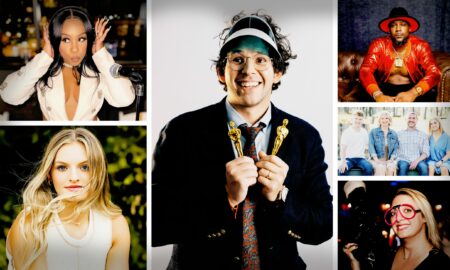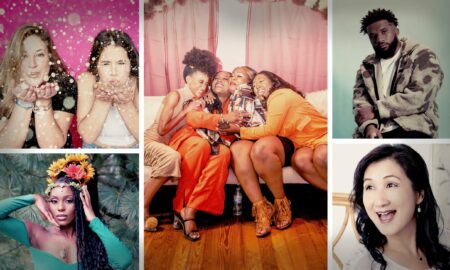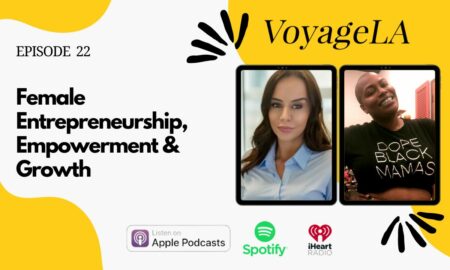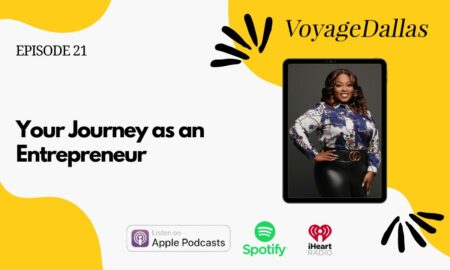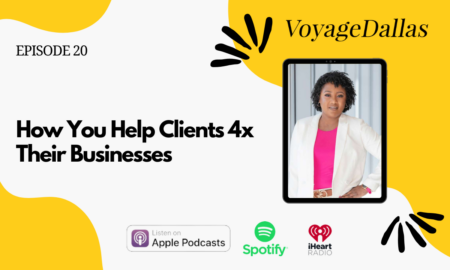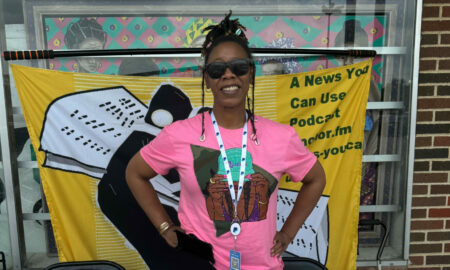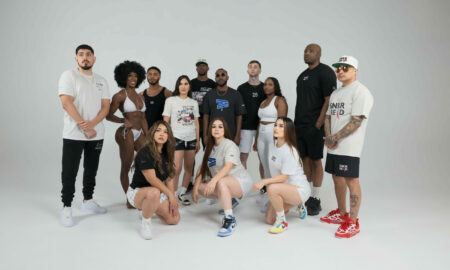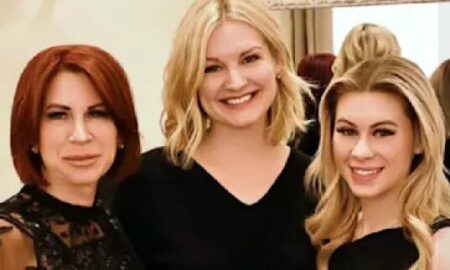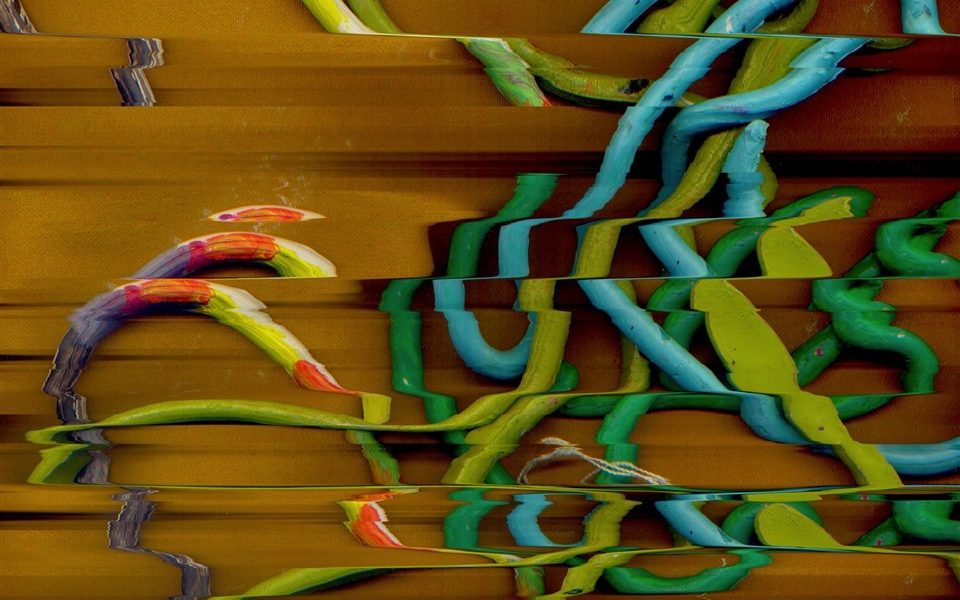

Today we’d like to introduce you to Liz Trosper.
Liz, let’s start with your story. We’d love to hear how you got started and how the journey has been so far.
I am an artist and educator working at the intersection of painting and the digital image. I earned an MFA from The University of Texas at Dallas, an MPA from The University of North Texas and a BS from Texas Woman’s University.
I currently teach at The Hockaday School in Dallas working in the areas of studio and digital arts. I make art, and I teach with these questions in mind: What is painting? How does it operate? And how is it made? Just like anyone in the digital age, everything about the way I see and make things is influenced by screens and digital culture. So, I embrace it as part of making my art.
More recently, I’ve been working on community-based practices that involve painting and design to support working artist mothers in ways that incorporate existing models such as Mother House Studios in London, Aviatrix Atelier in Berlin and Cultural Reproducers in Chicago. My work is currently on view at Barry Whistler Gallery in Dallas.
I love working with the gallery because the team is really supportive of experimental new forms of painting and has been that way for a long time, showing artists like John Pomara, Lorraine Tady, Tom Orr and others. I also just closed a solo show at The Wilcox Space, run by the Edith O’Donnell Institute of Art History, which was thrilling because I am awed by John Wilcox’s work — it’s patience and bravery.
The exhibition was a wonderful return to a neighborhood that I know well — Expo Park. I was part of the CentralTrak artist residency program during my time as a grad student at UTD, and the former site of the legendary program is just a few doors down from The Wilcox Space.
Overall, has it been relatively smooth? If not, what were some of the struggles along the way?
I have had a long journey to making and teaching art professionally. I have always made art, but I studied government in undergrad. After graduating, I worked in urban design and economic development for several years. I was not serious about art professionally or academically until 2013.
That year, I quit a rather awesome job in corporate philanthropy that involved traveling the continent designing and building playgrounds in poor neighborhoods to fully commit to studying and making art. It was a risky endeavor, but I made it with the help of Heyd Fontenot, who was the director of CentralTrak and made it possible for me to have a grad resident space in the residency. So, I was able to live, work and study there for two years. The program was a huge asset to UT Dallas and to the Dallas community, and it made my career possible.
That transition taught me a critical lesson in life — that one must occasionally leap into the void. It can be hard for someone like me, who grew up poor, to leave the illusion of safety and security — the culture of poverty values this above all else. But I know now — one must continually push beyond comfort, beyond security to live a meaningful life. The trick is finding the thing that scares you a little bit in the right way.
We’d love to hear more about what you do.
As an artist, I’m most proud of the things that seem pretty mundane and unheroic — continuing to make art, being a mom and teaching. I think of it like the great allegory in The Alchemist — being able to see both the wonders of the world and the two drops of oil on the spoon at the same time.
Life is constantly changing and figuring out how to maintain an eye on the big question while dealing with the devil that’s in the details is the most important thing I can think of. I try to make art that pushes people. I don’t want to make paintings that reinforce people’s existing ideas.
Painting itself can tend toward enforcing its own traditions. I am not interested in that.
If you had to go back in time and start over, would you have done anything differently?
Everything. I would have believed in myself as an artist earlier. I would have studied hard. I would have worried less about money, security and material things. I would have worried less about fitting in because I don’t anyway.
One time someone told me that things were going to be hard for me in the art world because I’m not cool. And they were right. I’m not. But I wish I learned how to say “Thank you for that, and I don’t care.” earlier in life. Do what you want, find a way, believe in yourself, trust that your competence will be your guide.
Contact Info:
- Website: liztrosper.com and barrywhistlergallery.com
- Phone: (214) 939-0242
- Instagram: @lizzytrosper
- Facebook: I’m not on Facebook because of Trump





Getting in touch: VoyageDallas is built on recommendations from the community; it’s how we uncover hidden gems, so if you know someone who deserves recognition please let us know here.

